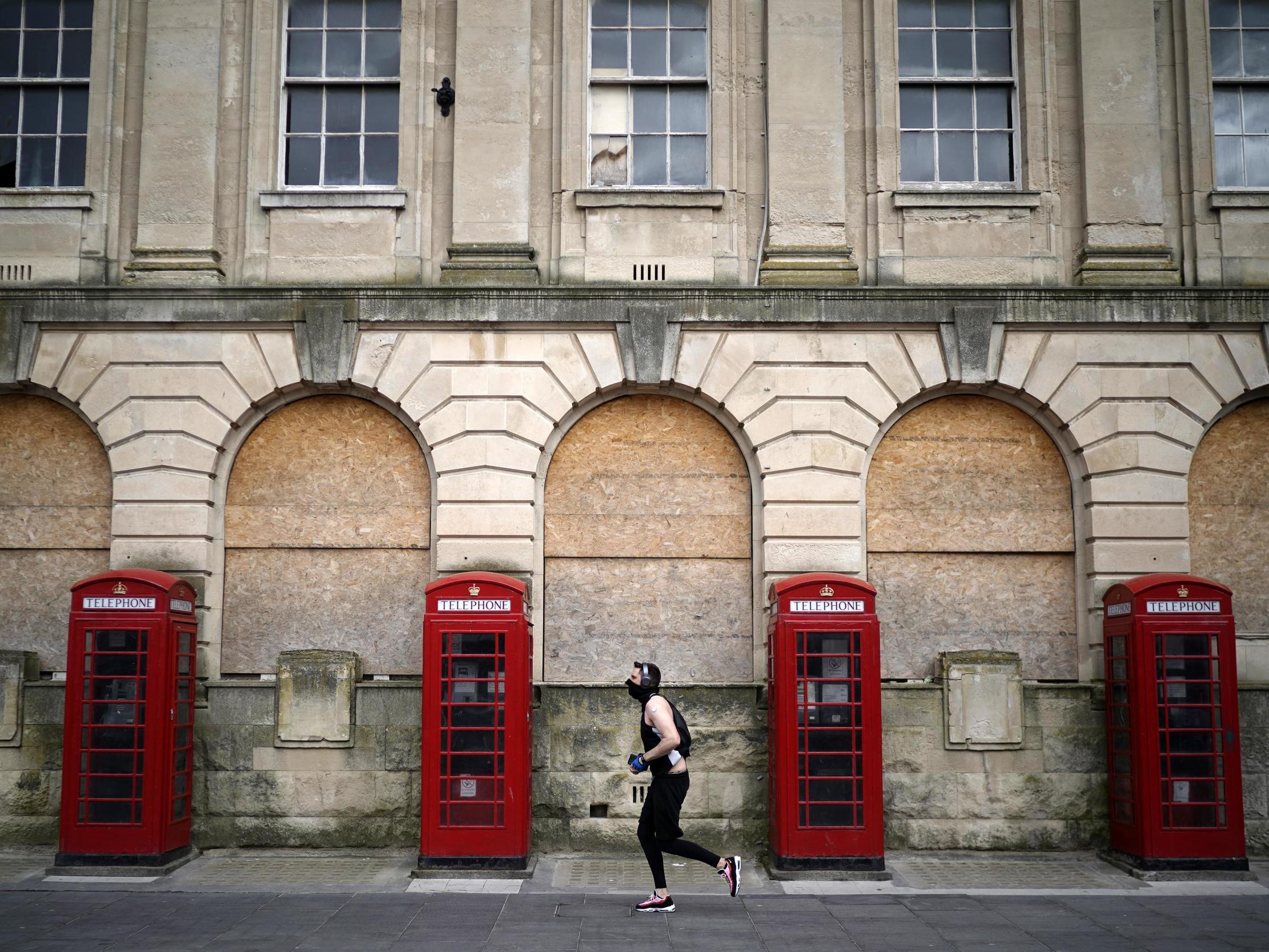Your support helps us to tell the story
From reproductive rights to climate change to Big Tech, The Independent is on the ground when the story is developing. Whether it's investigating the financials of Elon Musk's pro-Trump PAC or producing our latest documentary, 'The A Word', which shines a light on the American women fighting for reproductive rights, we know how important it is to parse out the facts from the messaging.
At such a critical moment in US history, we need reporters on the ground. Your donation allows us to keep sending journalists to speak to both sides of the story.
The Independent is trusted by Americans across the entire political spectrum. And unlike many other quality news outlets, we choose not to lock Americans out of our reporting and analysis with paywalls. We believe quality journalism should be available to everyone, paid for by those who can afford it.
Your support makes all the difference.Young people in “left behind” areas of the country will be hardest hit by the coming recession because of their precarious employment position, researchers have warned.
The Social Mobility Foundation said the government needed to focus its employment support and training efforts at parts of the country where social mobility is the lowest, such as Blackpool, Mansfield, and Corby.
An analysis carried out by the foundation found that there was a clear link between the social mobility “coldspots” identified by the government’s Social Mobility Commission and those with high numbers of young people who need social security support.
It found that young people in the 10 local authorities with the lowest social mobility are 32 per cent more likely to be claiming out-of-work benefits than those in the 10 ranked highest.
Young people in ‘red wall’ seats, where the Conservative Party made substantial gains in last year’s general election, are 34 per cent more likely to be claiming out-of-work benefits than the average across the UK.
The northeast and northwest are the hardest hit regions in England, with more than 10 per cent of young people claiming out-of-work benefits. The researchers found that a young person in Cambridge, the local authority with the lowest claimant rate, was over seven times less likely to be claiming benefits than a young person in Blackpool, where the rate is the highest.
Alan Milburn, the Labour former work and pensions secretary who chairs the Social Mobility Foundation, said: “Young people in ‘left behind’ parts of our country are already suffering disproportionately high unemployment. If past recessions are anything to go by, ‘Generation Covid’ is at risk of being the biggest loser from the coming recession. Without urgent action, social mobility will be hit and regional inequalities will widen. Avoiding a jobs catastrophe for this generation of young people, especially those in areas which were struggling before the crisis, requires urgent action by employers and government.
“Government can help by targeting its employment and training support programmes on social mobility coldspots. It should set to work immediately to create a national database of opportunities so young people can see how to access opportunities.
“Some businesses are already showing what can be done by extending support to young people. We are delighted a number of major employers have already backed our call and invite others to join a national coalition to create new opportunities for young people.”
Unemployment rose to 1.3 million in April, according to the Office for National Statistics, but think tanks warned that this figure masks the scale of the coming crisis because of the furlough scheme and a 23 per cent drop in average hours worked. The UK economy contracted by 20.4 per cent in April and posted its worst quarterly result since 1979. The Organisation for Economic Cooperation and Development has said the UK will be facing the worst recession of comparable countries.
Commenting on the report, the shadow work and pensions secretary, Jonathan Reynolds, said: “This report is another dire warning of the scale of the economic crisis we are in. However, it is also a recognition that going into this crisis, too many young people faced a life of insecure, low-paid work lacking in opportunities for advancement.
“As a country we urgently need a plan for better working conditions, stronger employment rights and access to quality training. We applaud these firms for stepping up, but the government must play its part too.”

Join our commenting forum
Join thought-provoking conversations, follow other Independent readers and see their replies
Comments